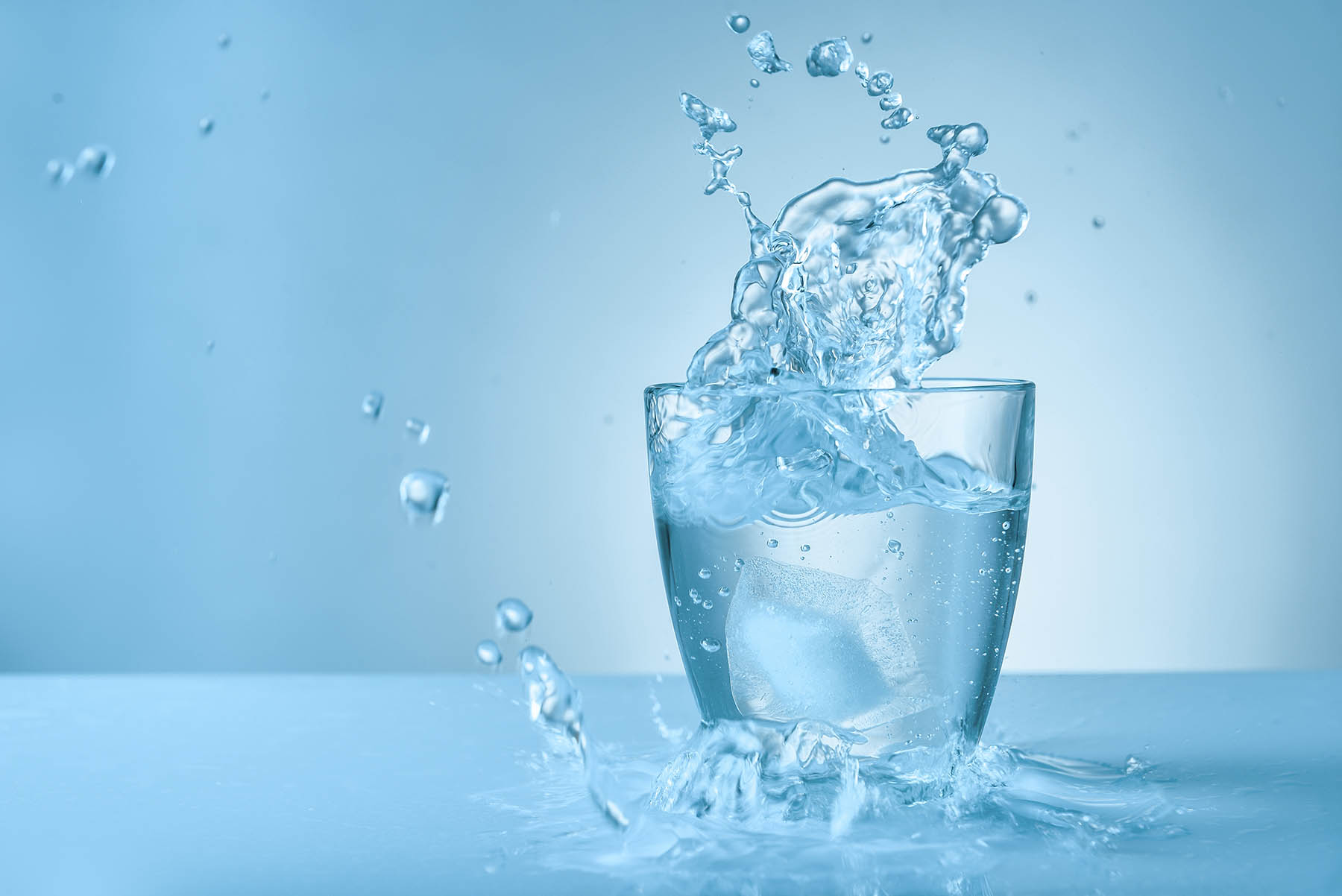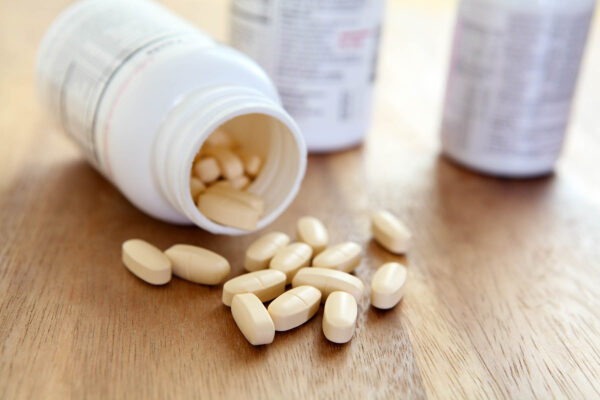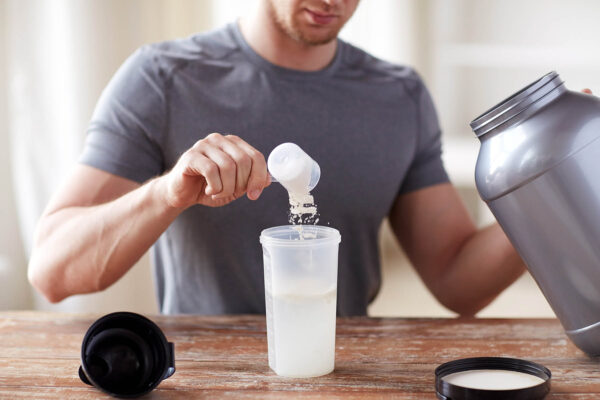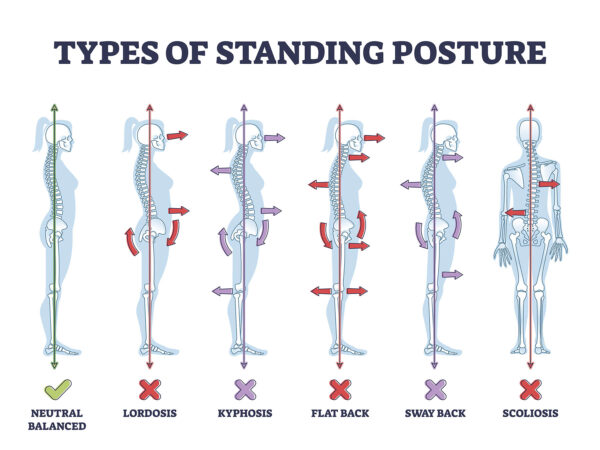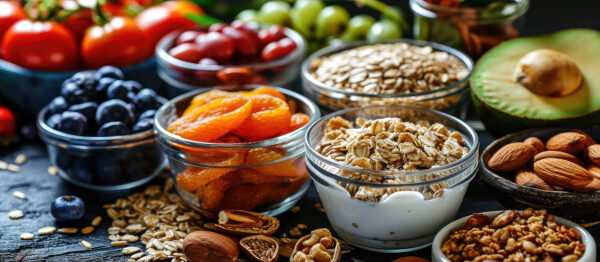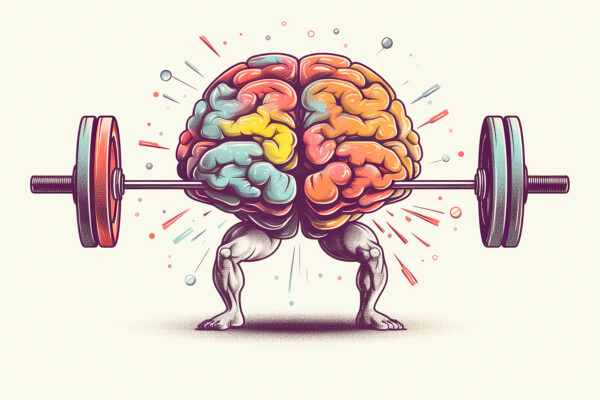The Fundamentals of Muscle Hydration
Muscles are predominantly water. In fact, about 70-75% of muscle tissue is composed of water, emphasizing the vital role hydration plays in muscle function and development. Hydration aids in numerous bodily functions that directly and indirectly influence muscle health. From nutrient transportation to temperature regulation and joint lubrication, water is a fundamental component. Ensuring optimal hydration not only benefits muscle growth but also enhances overall physical performance.
Nutrient Transportation and Cell Volumization
Water plays a significant role in the transportation of nutrients to muscle cells. These nutrients are essential for energy production, muscle repair, and growth. When adequately hydrated, there’s an increase in cell volume which can potentially accelerate muscle growth. This phenomenon, termed cell volumization, can positively impact protein synthesis and decrease muscle breakdown.
Impact on Muscle Function and Performance
Dehydration can significantly impede muscle function. Even a slight decrease in hydration can lead to reduced muscle strength, endurance, and overall performance. Lack of adequate water can also increase the likelihood of muscle cramps and muscle fatigue. This is due to the reduced electrolyte levels in muscles which are essential for muscle contractions.
Hydration and Muscle Recovery
Post-exercise recovery is pivotal for muscle growth, and hydration plays an integral role in this process. Adequate water intake helps flush out toxins and metabolic waste products that accumulate in muscles during workouts. This not only speeds up the recovery process but also reduces muscle soreness and stiffness.
Electrolytes: The Unsung Heroes
While water is crucial, the role of electrolytes shouldn’t be overlooked. Electrolytes like sodium, potassium, calcium, and magnesium facilitate nerve signals and muscle contractions. During intense workouts, these electrolytes can be lost through sweat, making their replenishment essential. Consuming electrolyte-rich beverages or foods post-exercise can greatly benefit muscle function and recovery.
Monitoring Hydration Levels
Knowing how to gauge your hydration levels can be invaluable. A simple method is to monitor the color of your urine. Pale yellow signifies adequate hydration, while dark yellow or amber indicates dehydration. Additionally, consistently weighing yourself before and after workouts can give insights into fluid loss and guide rehydration needs.
Best Practices for Staying Hydrated
- Start Hydrated: Begin your workout in a hydrated state. This involves drinking water throughout the day and not just right before exercise.
- Monitor Fluid Intake: Aim for a general guideline of 8-10 glasses of water a day, but adjust based on physical activity levels and environmental conditions.
- Include Electrolytes: Post-workout, consider beverages that replenish lost electrolytes, especially after intense or prolonged sessions.
- Eat Water-rich Foods: Foods like cucumbers, watermelon, strawberries, and oranges can supplement your fluid intake.
- Limit Diuretics: Excessive caffeine and alcohol can increase urine production, potentially leading to dehydration.
The Continuous Journey of Hydration
While the importance of hydration is often recognized, it’s equally crucial to understand its role in muscle development. This understanding can profoundly impact training outcomes, recovery rates, and overall athletic performance. As with all elements of health and fitness, staying informed and adapting practices based on individual needs and goals is the key to success.

